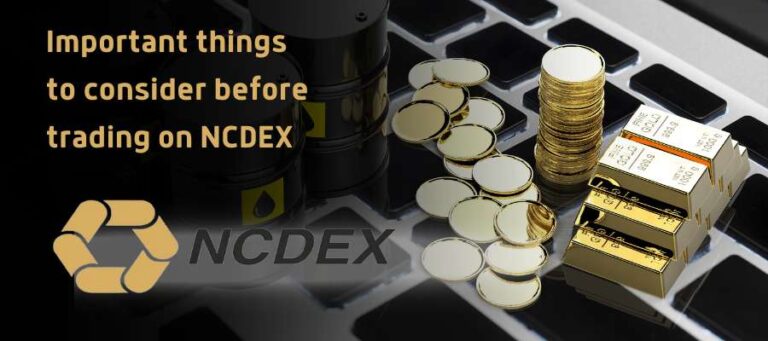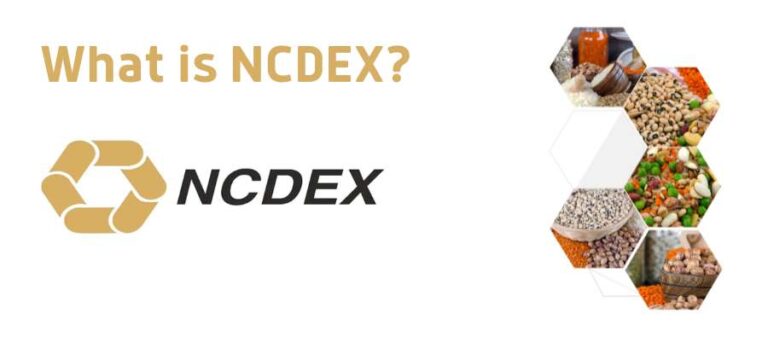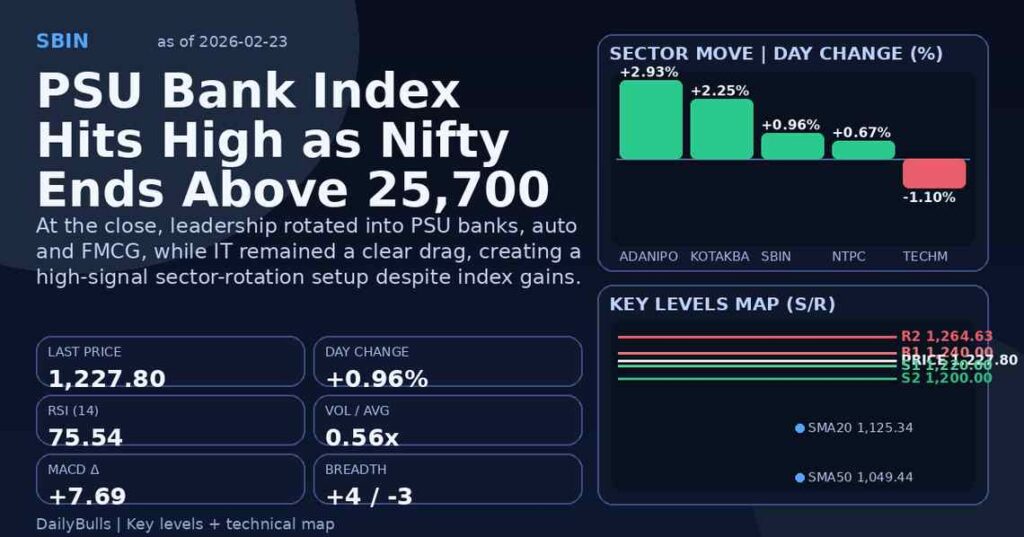
NCDEX Trading Mechanisms: A Closer Look at Contracts and Trading Processes
Pranay
Contributor
In the previous section, we explored the fundamentals of the National Commodity and Derivatives Exchange (NCDEX) and its role in facilitating commodity trading. Now, let’s dive deeper into the trading mechanisms employed by NCDEX and understand the specifications of the contracts traded on the exchange.
Trading Mechanisms on NCDEX
NCDEX utilizes an electronic trading platform that enables efficient and transparent transactions. The trading mechanisms employed on NCDEX include the following:
- Futures Contracts: Futures contracts are one of the primary instruments used for trading on NCDEX. These contracts represent an agreement to buy or sell a specific quantity of a commodity at a predetermined price on a future date. Trading in futures contracts allows participants to hedge against price volatility and take advantage of potential price movements.
- Options Contracts: In addition to futures contracts, NCDEX also offers options contracts. Options provide traders with the right, but not the obligation, to buy (call option) or sell (put option) a commodity at a specified price within a particular time frame. Options contracts allow traders to manage risk and potentially profit from favorable market conditions.
- Spot Contracts: While futures and options contracts are widely used on NCDEX, spot contracts also have their place. Spot contracts involve the immediate purchase or sale of a commodity at the prevailing market price. Spot contracts on NCDEX provide traders with flexibility and facilitate quick transactions.
Contract Specifications on NCDEX
Each commodity traded on NCDEX has specific contract specifications that participants need to be aware of. These specifications include:
- Commodity Type: The contract specifies the particular commodity being traded, such as wheat, rice, gold, crude oil, etc.
- Contract Size: The contract size indicates the quantity of the commodity that is being traded. It can vary depending on the commodity and is standardized for ease of trading.
- Quality Standards: NCDEX defines specific quality standards for each commodity to ensure consistency and fairness. These standards determine the acceptable quality parameters for the traded commodity.
- Delivery Months: Contracts on NCDEX have predefined delivery months during which the commodities can be delivered or settled. These months are predetermined and are part of the contract specifications.
- Tick Size: The tick size represents the minimum price movement allowed for a particular commodity. It varies based on the commodity and is an important aspect of trading and price discovery.
- Trading Hours: NCDEX has specific trading hours during which participants can place orders and execute trades. These trading hours are established to maintain market efficiency and uniformity. The Evening session of NCDEX Starts at 05:00 am and ends at 11:55 pm.The Morning session starts at10:00 am and ends at 5:00 pm.
Understanding Market Updates and Live Information
To navigate the dynamic commodity market effectively, staying up-to-date with real-time information and market updates is crucial. Platforms like 24 Rate Net Live NCDEX Updates provide valuable resources, including live prices, market trends, and expert analysis. Such platforms assist traders in making well-informed decisions and adapting to changing market conditions.
Trading with Precision on NCDEX
Successful trading on NCDEX requires a combination of market knowledge, analysis, and disciplined execution. Traders must understand the intricacies of each commodity, closely monitor market trends, and employ appropriate risk management strategies. By leveraging the trading mechanisms and contract specifications offered by NCDEX, traders can effectively participate in the commodity market.
Final Thoughts
As we continue our exploration of NCDEX, we have now delved into the trading mechanisms and contract specifications that form the backbone of the exchange. Understanding the various types of contracts and their specifications is crucial for traders looking to engage in commodity trading on NCDEX. In the next and final part of this series, we will discuss the essential factors to consider before participating in NCDEX trading.
Continue reading: Part 3: Key Considerations for Trading on NCDEX
Share this insight
Spread the Alpha
If this analysis helped you, pass it along to your trading desk or community.
Related Articles
More ideas that align with your trading playbook.

NCDEX Trading: Key Factors to Consider Before Jumping In
In our previous sections, we have gained a comprehensive understanding of the National Commodity and Derivatives Exchange (NCDEX) and explored the trading…

Exploring NCDEX: National Commodity and Derivatives Exchange
The world of commodity trading is vast and intricate, with various exchanges playing a crucial role in facilitating these transactions. One such…
24 Rate Net live NCDEX , MCX Jeera, Gaur, Soyabean, Cotton
24 rate net live NCDEX : Watch live NCDEX Jeera, Kapas (Cotton) , Soyabean, Metals and crude oil Spot and Futures MCX Rates…

